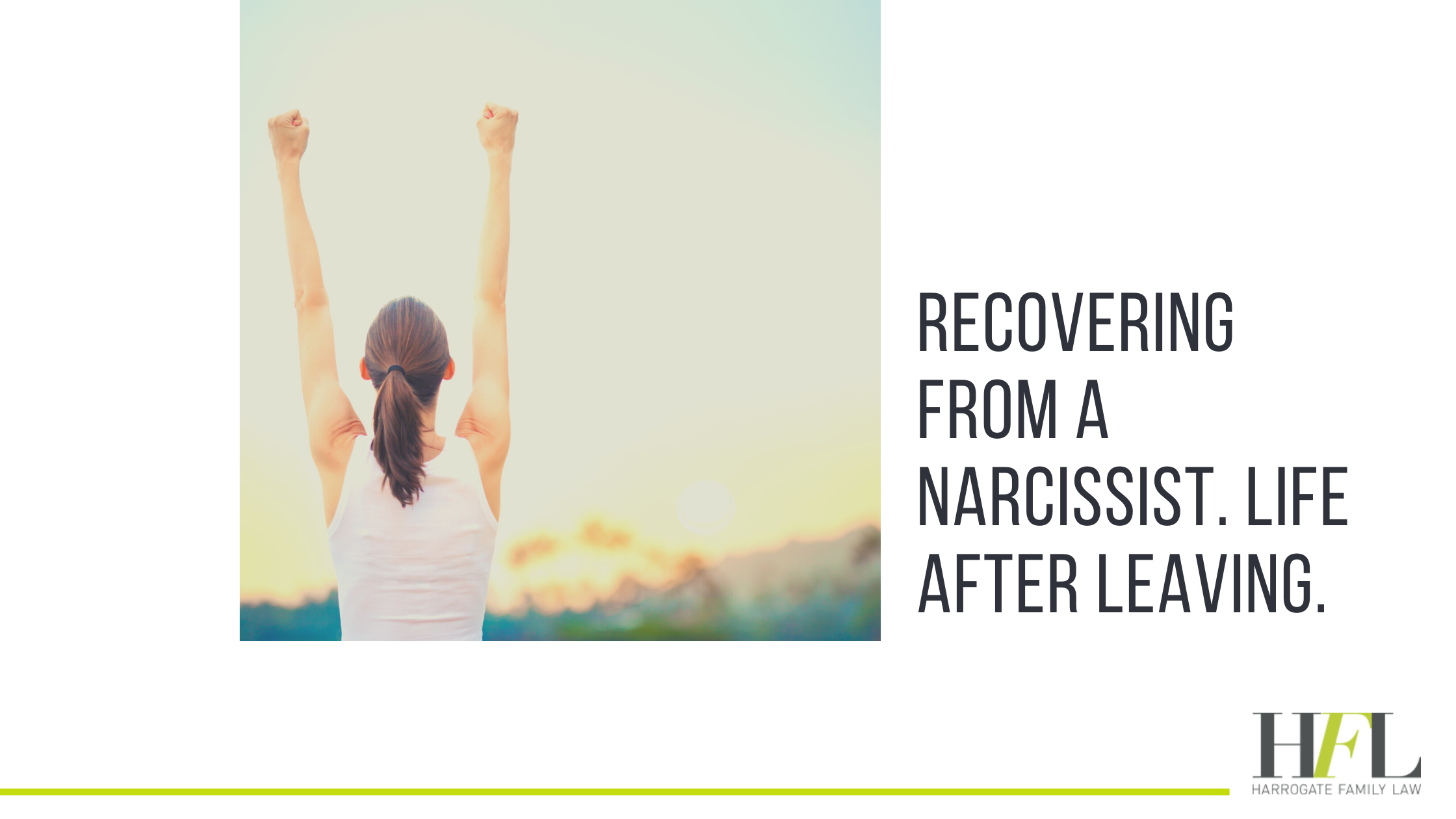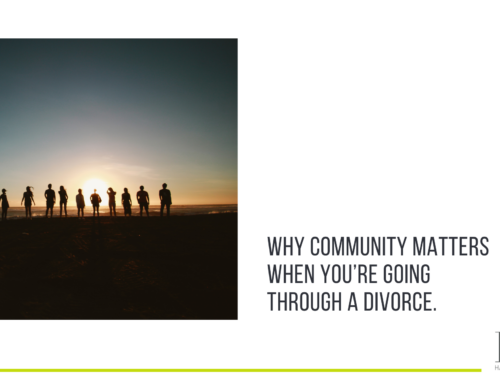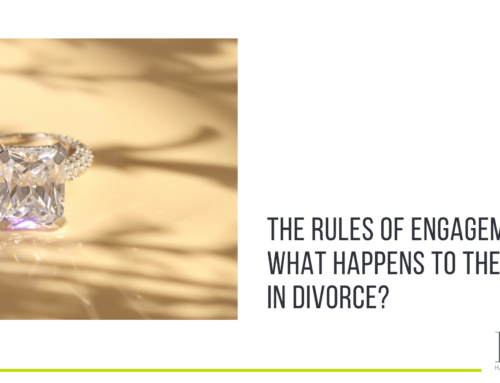Recovering from life with a narcissist isn’t always easy. In some ways, toxic relationships can be very similar to an addiction. You find yourself completely intoxicated, vicious cycles, dependency and often a great deal of shame and guilt about the relationship. If you’ve recently ended a relationship with a narcissistic partner, you need to be prepared. Recovery can be a complex and exhausting healing process that doesn’t have a one-size-fits-all answer.
However, it’s important to remember that brighter days lie ahead. In this week’s blog, we’ve come up with a few things that you can do to really embrace life after leaving.
Acknowledge and accept that the relationship was abusive.
Recognising that the relationship was abusive is the only place to start. Due to the nature of abusive relationships, it’s common for victims to blame themselves, or find excuses for their abuser. Ultimately, no one wants to accept that someone they loved has treated them this way.
In order to start the recovery process, and to have the best chance of avoiding toxic relationships in the future, it’s important to acknowledge the reality you’ve been living, not hide from it.
Embrace the complex and overwhelming emotions.
Acknowledging that you’ve suffered abuse is painful, overwhelming and at times, devastating. The floodgates are likely to open to any number of thoughts and feelings. And that’s OK. It’s essential that you allow yourself to feel. In most breakup scenarios, people will experience anger, sadness, shock and even grief. If you leave a narcissistic relationship, however, the pain that comes from leaving is complex.
You might be grieving the false reality they convinced you of. You might question your role in the abuse, and perhaps blame yourself for their manipulation.
Whilst this might sound extremely negative, it’s actually the start of a better life. Just make sure that you talk to those close to you and seek support as and when you need it. Self care starts now.
Don’t punish yourself if you still have feelings for your ex partner.
You can’t help who you love. Even if they’ve mistreated you, the feelings you have for your partner can be difficult to shake. You might find yourself holding on to positive memories, or hoping that eventually they’ll change and you’ll live happily ever after.
That’s okay. But it’s important to recognise you don’t need to stop loving someone to start healing. In fact, accepting your feelings can actually help you in the recovery process.
Be kind to yourself.
Defaulting to self-criticism is common for those recovering from abuse. It’s important to reject those feelings and be kind to yourself. Focus on the progress you’ve made. Leaving life with a narcissist is a big deal, it takes strength, courage and a whole lot of determination. If you’ve come this far, be proud of yourself.
Be kind to your body as well as your mind. Actively taking care of your body automatically improves your self-esteem. Moving your body helps balance your breathing, brings oxygen to your brain, and gets your heart pumping. All of which contributes to improved emotional well-being.
Talk about it with people you trust.
This could be family and friends, but it could also be support groups or therapists. There are plenty of charities that offer support to those who are recovering from abusive relationships.
It’s important to know that you’re not alone in your recovery, and going on your journey with people you trust can be a real encouragement and strength-giver.
Set boundaries for yourself and those around you.
With social media making it so very easy to communicate with others, this can be a double edged sword. The urge to stay in contact with your ex partner may get the better of you, so it’s important to set boundaries.
Therapists and abuse recovery specialists often recommend cutting off all contact with your ex-partner after ending the relationship, whenever possible. Block their number, delete them off of social media, block their email address. This gives you space to recover and get to know yourself without the manipulation of your ex-partner.
We understand that this is easier said than done, particularly if there are children involved. However, in this case, boundaries are even more important when it comes to taking back control. Restrict communication to one platform, for example, and be clear that any communication between the two of you will strictly be about the children. And if the message fails to get through, it could be time to instruct a solicitor who will advise you of the options available here.
Seek professional support if you need to.
Therapists who specialise in abuse recovery can help you through the healing process. They can offer guidance to make sense of what you’ve been through and help you to find your way back to you.
So if you’re struggling with your recovery, it’s worth considering seeking some professional support to help you understand and process your emotions.
If you’re in need of some legal advice during your recovery journey, then Harrogate Family Law can help.
Remember, recovery is not a linear pathway. But we’re here to give you as much guidance as we can to ensure the process is as seamless as possible. Get in touch and let us help you live your life after leaving.






